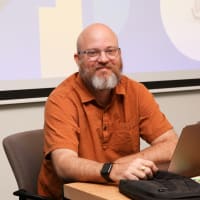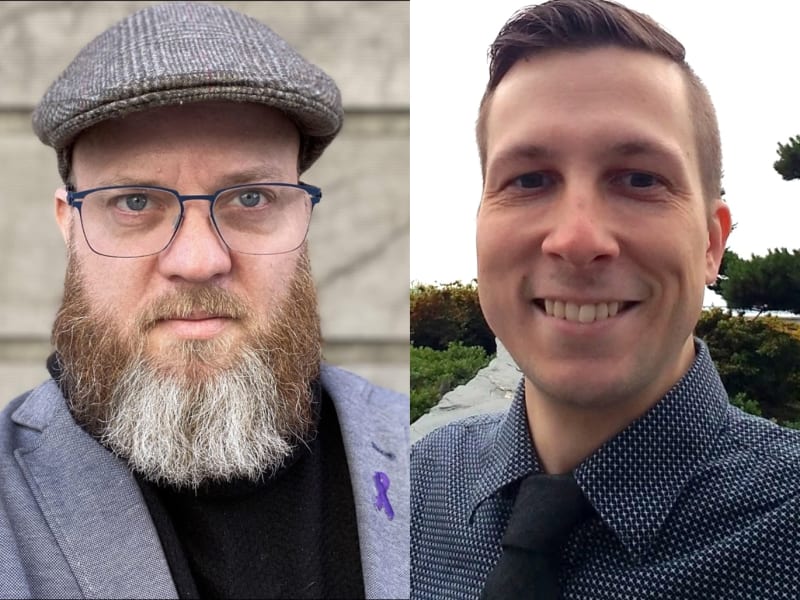Systems that are too big to be understood inhibit their own maintainability and long-term sustainment.
Because they are not “knowable,” they reproduce vague, lengthy decision-making, and conditions for conflict resolution that require the use of authority. As a result, contextual organisational knowledge rarely finds its way to the point of decision, and intuition and luck, or escalation and distant decisions are the defaults.
Smaller systems, on the other hand, are knowable. By virtue of their size, they require a lower cognitive load to conceptualize, which makes them easier to imagine in different uses and configurations. Hierarchical power less often needs to be the basis for decisions, since the system facilitates the right discussions in the moment by virtue of being disposed to understandability. But being small is not enough — we also need coherence with a bigger picture. In other words, we need to also imagine the parts in context of a whole.
Creating small socio-technical systems, capable of peer-level negotiation is one option for moving forward.
Join Ben Mosior and Jabe Bloom in a domain-based exploration of socio-technical design through the lens of Wardley Mapping. Together we will come to understand the systems of which we are already a part — to untangle them so as to imagine how we might better define them and make them smaller. We’ll also situate those systems in a larger structure of strategic intent. In doing so, we aim to design systems we can care about and care for.
Is this for you?
This workshop is for anybody who is interested in strategy and mapping, no background required.
Testimonial
Post Workshop Blogpost, by Tony Sinclair: https://www.tobysinclair.com/post/learning-journal-wardley-mapping-ben-mosior-and-jabe-bloom-designing-healthy-organisations



